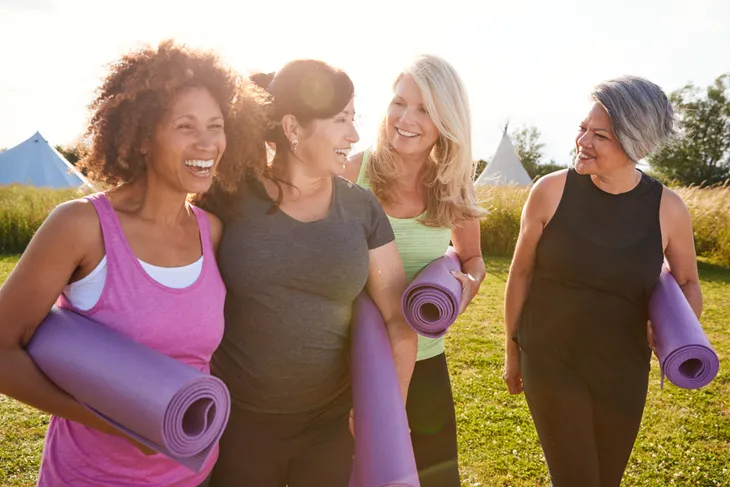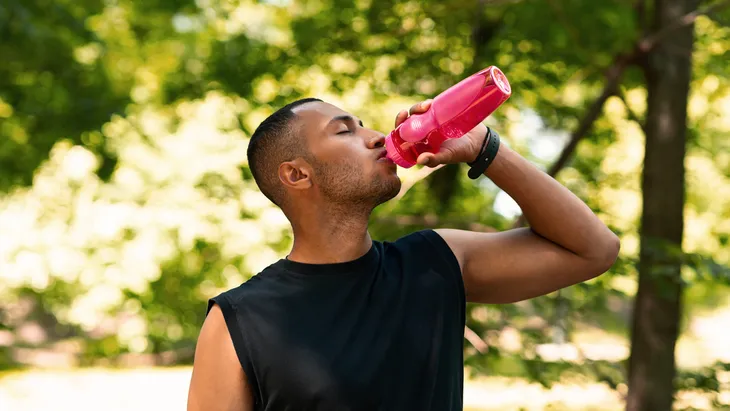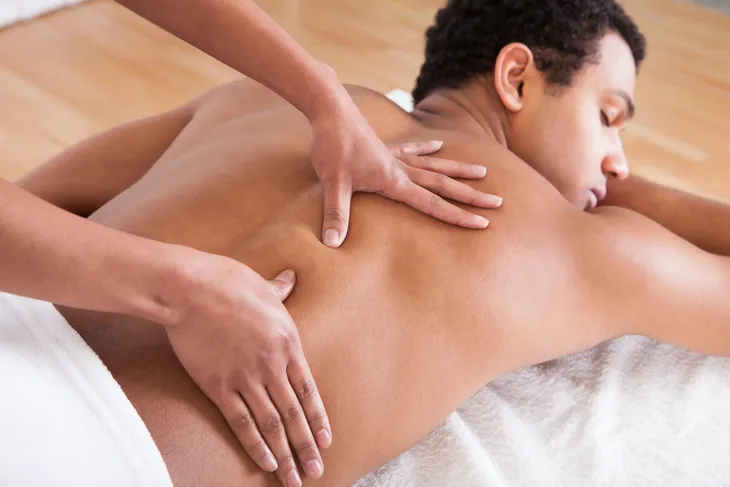- A study examined the relationship between feeling younger and the person’s stress levels and found that when individuals felt younger, their health and wellness improved.
- By engaging in positive health behaviors such as exercise and personal body care, you can reduce your daily stress.
- Some ways to feel younger include engaging in regular exercise, eating a healthy diet, staying hydrated, exercising the mind, practicing self-care, and building healthy relationships.
There’s been a recent study published claiming that to live longer, you must learn to feel younger. This study examined the relationship between feeling younger and the person’s stress levels. Researchers found that when people believed they felt younger than their actual chronological age, their health and wellness were improved compared to those that reported they felt older than their chronological age.
Amongst those individuals that reported feeling younger at heart, researchers found that they also had lower stress levels compared to the group of individuals that reported feeling older. This study found a direct relationship between increased stress levels and a decline in overall health and wellness.
Let’s take a closer look at how feeling young at heart can help you live longer as well as tips to help you feel younger.
How Does Feeling Young at Heart Help You Live Longer?
The reason behind those who feel younger in age having improved overall health and wellness was attributed to engaging in positive health behaviors such as exercise and personal body care. These factors reduced the amount of stress they experienced and in turn, potentially helped them live longer.
Put simply, the younger you feel at heart and the more activities you engage in to improve your health and wellbeing, the healthier you will continue to age in the future. If you want to feel younger there are a few lifestyle adjustments you can make. Let’s take a look at 7 tips that may help you feel younger!
Exercise Every Day
Exercising every day does wonders for your body and mind. When you exercise, your body releases endorphins that give you an euphoric feeling, especially after an intense exercise session.
Push the body every day and change up your exercise style to benefit from them all. For the best results, try to incorporate weightlifting, yoga, and aerobic exercise sessions such as going for a swim or a run into your weekly exercise routine. The more you sweat and push your body, the younger you’ll feel.
Eat a Healthy Diet
There’s nothing that will make you feel older and sluggish than consuming a poor diet. Too much sugar and saturated fats will leave you feeling tired, fatigued, and not wanting to participate in any exercise.
Do yourself a favor, ditch the junk food and overhaul your diet with lots of fruits, vegetables, and lean meats (or meat alternatives) to get your body feeling right. The old saying “you are what you eat” remains true. Make sure you’re fueling your body with the right nutrients so that you can feel younger at heart and stay healthy for years to come.
Exercise the Mind
Exercising for the mind is just as important as exercise for the body as your brain needs stimulation. Living in the modern-day has its perks as we have access to so much digital content to help you achieve brain stimulation and brain exercise.
Whether you listen to a new podcast teaching you a new skill, read one book every month or complete crossword puzzles or Sudoku in your downtime, find your favorite method of brain stimulation and complete it daily. Exercising your brain and constantly expanding your learning is one of the best ways to keep up with the younger generations and feel young at heart.
Stay Hydrated
It seems the older we get, the more coffee, alcohol, tea, and sugary drinks we tend to consume. But the fact is, your body needs lots of water to stay hydrated. Water plays a crucial role in your health. It helps regulate body temperature, prevents infections, keeps your joints lubricated, keeps your organs functioning, and delivers nutrients to cells.
Some beverages can have the opposite effect and may actually dehydrate you, such as caffeine and alcohol. Caffeine specifically is a diuretic in nature, causing you to go to the bathroom more often and actually lose water. To help you consume enough water during the day, my favorite tip is to drink a large glass of water first thing in the morning to start your day right.
Practise Self-Care
Treat yourself and go for that massage or facial. Go get your nails done or go for that spa treatment. Engaging in positive self-care activities is a great way to reduce your stress and feel younger than your chronological age.
Performing a nightly skin routine is another great way to practice self-care. Better yet, it will keep your skin looking healthy and rejuvenated, helping you to feel younger at heart for years to come.
Take Care of Your Mind
Everyone experiences highs and lows in their life, and this is completely natural. What you can do to help care for your mind is by reducing stress. Try positive mental health activities such as meditation, breathwork and mindfulness.
If you haven’t tried any of these activities yet, you’re seriously missing out. The feeling of mental clarity you can receive after a meditation session is rejuvenating and it’s a sure way to keep you feeling younger. Try one of these strategies out for yourself and notice the difference it makes.
Build Relationships
At the end of the day, the more positive relationships you have in your life, the happier you will be. Having good people by your side in life is so important and fulfilling. Start by investing in your current relationships and watch them grow.
This will naturally make you feel good about yourself. You may also find that positive relationships decrease some of the stress you might be feeling.
 Monkey Business Images / Shutterstock
Monkey Business Images / Shutterstock









